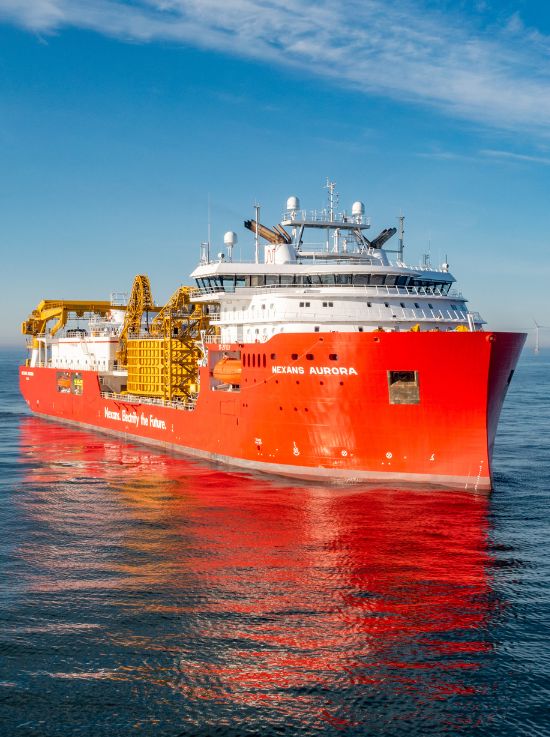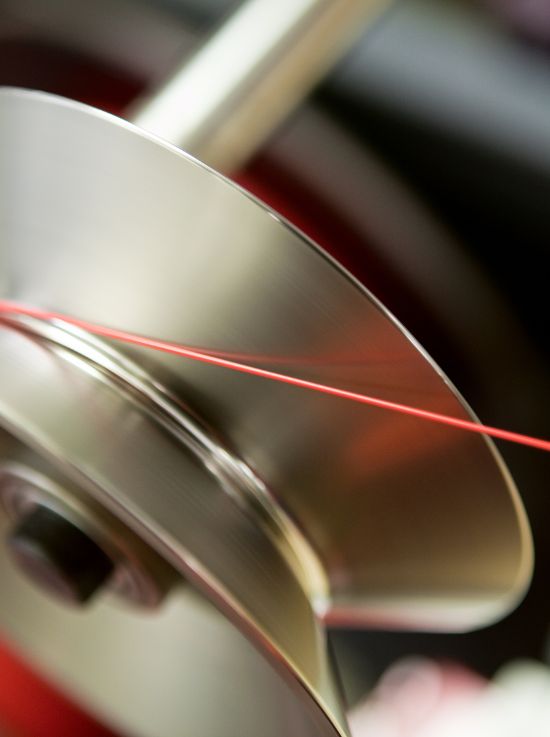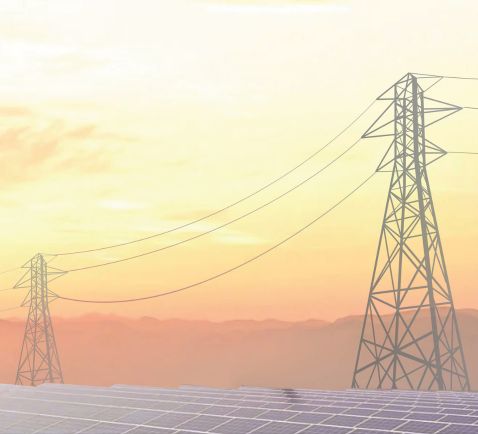- Low-voltage cables from Nexans will now have 10% recycled aluminum
- This is a new step in Nexans’ circularity strategy aimed at reducing its own and its customers’ carbon footprints and impacts
- It will manufacture the new cables at its plant in Jeumont and they will reach the entire French network in 2025
Electrification pioneer Nexans is expanding its low-carbon product range in 2025. The low-voltage cables from its plant in Jeumont (northern France) will have 10% recycled aluminum content and contribute to reducing Nexans’ and its customers’ carbon footprints. These new cables will be made exclusively with low-carbon aluminum produced using a decarbonized energy mix, and 10% of the aluminum in them will be recycled.
This is a new step in Nexans’ circularity strategy aimed at reducing its own and its customers’ environmental impacts. Raw material recycling is becoming a central concern as demand for electrification continues to increase, and this breakthrough will contribute to alleviating the risk of pressure on aluminum supplies for the electrical industry.
All the cables from Jeumont for all low-voltage markets—distribution network cables and industrial cables, notably for photovoltaic systems—will include this new feature.
Today’s recycled aluminum is exclusively derived from “1000 series” aluminum, i.e. the purest alloy and the only one that enables electrical cable recycling. Most of this aluminum comes from used cables or off-cuts from Nexans plants.
Nexans has embarked on a journey with its partners to shrink its environmental impact at various stages in the cable production process, which includes sourcing low-carbon aluminum and recycled aluminum to manufacture cables for France’s electricity distribution network.
In 2024, the Group also announced a new €15 million investment plan to modernize its plant in Bourg-en-Bresse (France) in order to produce eco-friendlier medium-voltage cables.
As the ecological transition is getting underway, companies need to consider each product’s full cycle to measure its overall footprint. Using recycled raw materials in our products is becoming essential. The goal for Nexans today is to source enough recycled aluminum to meet the market’s needs. That’s why we are asking our customers to route their cables towards streams that effectively ensure circularity, i.e. turn used cables into new, recycled cables.
Sustainable Offer Marketing Director, Nexans
Nexans, moreover, is the only cable manufacturer to run its own second-life operation, CableLoop, a one-of-a-kind facility that recovers and recycles off-cuts. Nexans buys used cables—electrical wire left over from construction projects and obsolete industrial cables—and turns them into valuable resources that can be reused indefinitely, for its partners, customers, suppliers and the rest of the cable industry.
Alongside its partners, Nexans aims to increase the proportion of recycled aluminum in its products. As an active member of the Aluminium Forward 2030 coalition, the Group is working with other industrial players to fast-track the aluminum sector’s transition and build a more sustainable future for it. Our goal is clear: maximize resource efficiency and advance the circular economy. To do that, we use secondary materials—notably recycled aluminum, copper and plastic—where possible and invest constantly in research and development to increase recycled content in our products.
By pledging to achieve net-zero emissions by 2050, Nexans is playing a prominent role in the energy transition. This positive-impact approach also enables its customers to reach their CSR goals.







